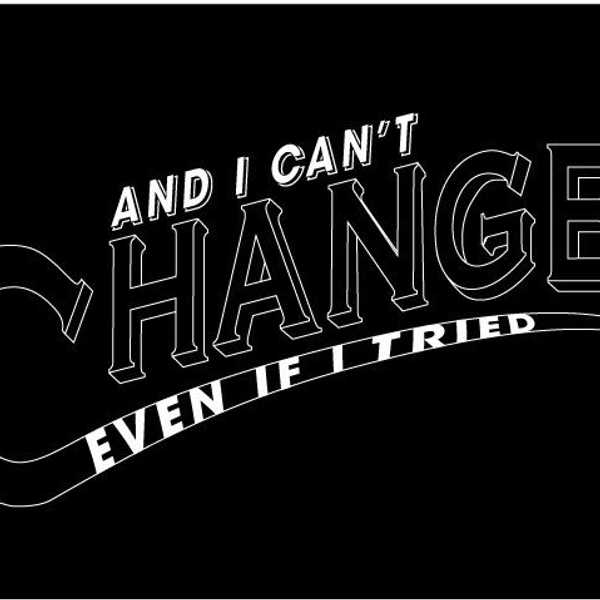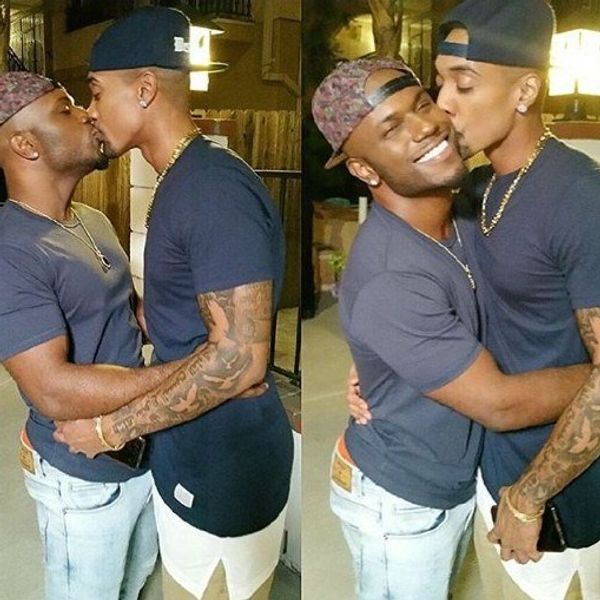TV shows have a big problem with a little word: bisexual. Many people have written about how “Orange is the New Black” consistently erases bisexuality and refuses to use the word. It’s not the only show that’s guilty of this. Even as many shows get more progressive and include bisexual characters, they often refuse to say the word itself. The refusal to include the word “bisexual” in scripts sends a negative message about bisexuality, and makes the identity label inaccessible to those who need it.
One of the biggest issues with the portrayal of sexual fluidity on television is the current “Labels Are Bad” trend. Often, there will be a brief onscreen exchange between characters about what it means to be attracted to more than one gender. This usually results in someone announcing that labels are overrated, and that it’s best not to put human sexuality in a restrictive box. Critics tend to praise this kind of exchange as “progressive” or “honest.” The problem is that this anti-label rhetoric is so common on television that it fosters an ironic sense of ideological superiority in those who don’t label themselves. “No Label” becomes a label in and of itself – another restrictive box, another norm.
One example of anti-label rhetoric comes from “Broad City.” Overall, I’m a fan of the show, and I think it’s a refreshing kind of comedy – one that certainly contains fewer cringe-worthy, problematic moments than other shows in the genre. It’s nice to see a character like Ilana Wexler, who is confident about her sexuality and sleeps with both men and women. But one thing that doesn’t impress me is the show’s refusal to label Ilana’s sexuality, and the reasoning behind that decision. In an interview with Flare, Ilana Glazer (who shares a first name with her character) said that Ilana Wexler wouldn’t label herself as bisexual or pansexual, because “the definition is so futile.”
I’m bisexual, and neither the label nor its definition is “futile” to me. Many bi and pan people take great pride in their identities, and for many of us, identity labels are helpful and meaningful. While there are plenty of people out there who experience attraction to more than one gender and don’t like labels, demonizing the very concept of identity terms is harmful to those of us who rely on our labels for self-assurance, community, communication and fighting back against oppression.
I came out as bisexual when I was thirteen years old. I was incredibly lucky to hear the word, understand what it meant, and be able to relate it to myself. It saved me from feeling lost or broken, and allowed me to really solidify my sense of self. Queer and questioning youth receive a lot of messages from the mainstream media about labels, and that can make their journey to self-understanding much easier (or much harder), so it’s important for television shows to portray a wide variety of experiences related to sexual orientation, not just the same experience over and over.
It’s time for TV shows to use the B word.





















